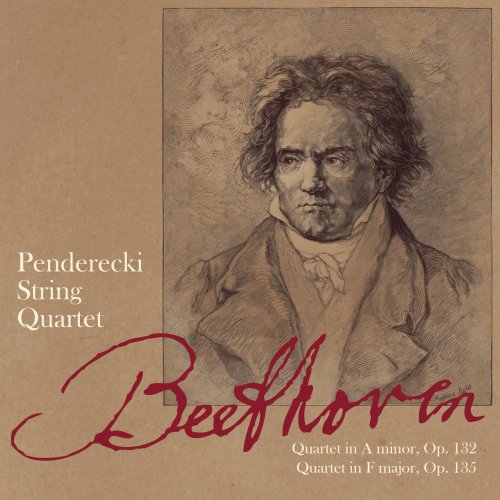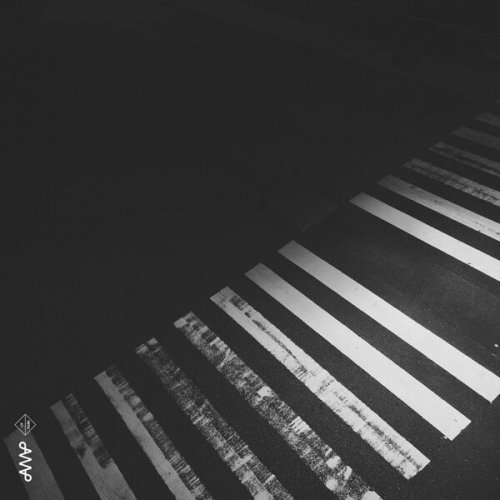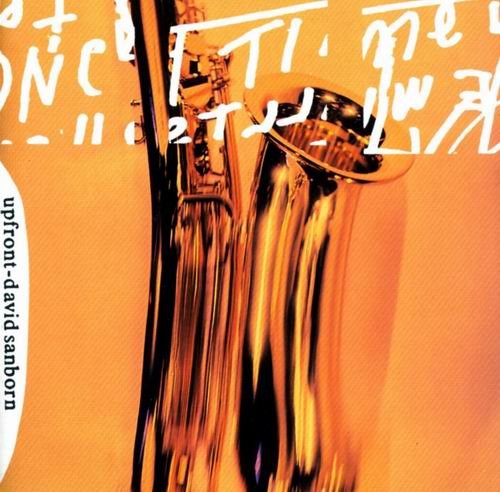Penderecki String Quartet - Beethoven: Quartet in A minor, Op. 132 and Quartet in F major, Op. 135 (2014)

Artist: Penderecki String Quartet
Title: Beethoven: Quartet in A minor, Op. 132 and Quartet in F major, Op. 135
Year Of Release: 2014
Label: Marquis Classics
Genre: Classical
Quality: flac lossless (tracks)
Total Time: 01:08:30
Total Size: 337 mb
WebSite: Album Preview
TracklistTitle: Beethoven: Quartet in A minor, Op. 132 and Quartet in F major, Op. 135
Year Of Release: 2014
Label: Marquis Classics
Genre: Classical
Quality: flac lossless (tracks)
Total Time: 01:08:30
Total Size: 337 mb
WebSite: Album Preview
01. String Quartet No. 15 in A minor, Opus 132
02. String Quartet No. 15 in A minor, Opus 132
03. String Quartet No. 15 in A minor, Opus 132
04. String Quartet No. 15 in A minor, Opus 132
05. String Quartet No. 15 in A minor, Opus 132
06. String Quartet No. 16 in F major, Opus 135
07. String Quartet No. 16 in F major, Opus 135
08. String Quartet No. 16 in F major, Opus 135
09. String Quartet No. 16 in F major, Opus 135
Polish-Canadian Penderecki String Quartet, formed at the suggestion of Krzysztof Penderecki himself, has often recorded contemporary music. For this budget outing on Canada's Marquis label, they essay two of Beethoven's late quartets, which have been recorded hundreds of times. They're not uniformly successful readings, but they do not repeat what anybody else has done, and mileage (kilometerage?) may vary. From this perspective, the two slow movements are worth the purchase price all by themselves. Especially sustained in its intensity is the slow movement of the String Quartet No. 15 in A minor, Op. 132, titled by Beethoven "Prayer of Thanksgiving by a Recovering Patient to the Deity, in Lydian Mode." It's as completely unprecedented as the Ninth Symphony, and it's one of the two or three most gripping things Beethoven ever wrote when it's done well, as it is here: the Penderecki players take a proper moderate tempo and get the cumulative force of the main material as it returns in two varied forms. Elsewhere they're not so successful; the dance-like second and fourth movements of that quartet turn out mechanical, and the humor of the F major quartet comes through only intermittently. But by all means, try out the slow movements: they very rarely have this kind of beauty and power.







![Ovella Negra - Va de mescles! (2025) [Hi-Res] Ovella Negra - Va de mescles! (2025) [Hi-Res]](https://img.israbox.com/img/2026-01/27/hwawx1tigdrizj1uxrc0ytsm6.jpg)
